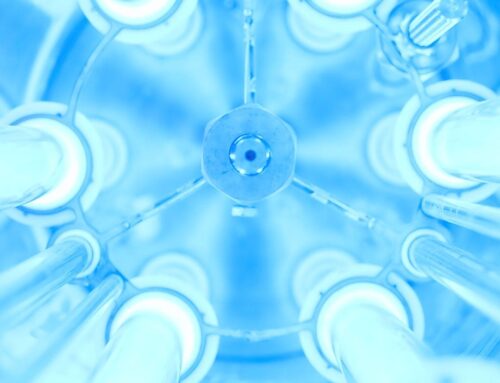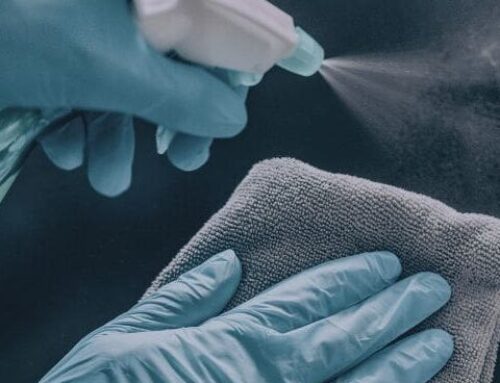October 2023
On October 2nd, 2023, the US Environmental Protection Agency (EPA) released draft guidance, a proposed test method, and a sample label for evaluating the efficacy of antimicrobial pesticidal products against Legionella pneumophila in cooling tower water.
The draft guidance is posted on an EPA docket for a 60-day comment period with comments due by December 1st, 2023.
Legionnaires’ disease was discovered after an outbreak of atypical pneumonia in attendees of a 1976 American Legion convention in Philadelphia, PA. The causative agent was determined to be L. pneumophila, which thrives in cooling tower water and can become aerosolized through the air-conditioning system. L. pneumophila is a Gram-negative, non-spore forming aerobic bacterium from the genus Legionella. Legionnaires’ disease is caused by inhalation of contaminated water droplets from the air.
The proposed efficacy test method is a modification of the AOAC Germicidal and Detergent Sanitizing Action of Disinfectants test with several modifications taken from EN Standard 13623. The EPA will require testing of L. pneumophila (ATCC 33152) against three individual batches of a soluble liquid or solid concentrate product prepared at the lower certified limit (LCL) with each batch assayed on individual test dates. An interference substance containing a protein, a scale inhibitor, a corrosion inhibitor, a dispersant, and an organic matter is required to be included in the test system which simulates representative interferences found in cooling tower water under normal operating conditions. Dilutable products should be made in 375 ppm EN hard water or appropriate diluent outlined in EPA’s Product Performance Guideline OCSPP 810.2000: General Considerations for Testing Public Health Antimicrobial Pesticides, Guide for Efficacy Testing. Testing is conducted at 30±1°C and no maximum contact time is specified in the draft guidance.
An efficacious product for remediation treatment claims must demonstrate a minimum mean 5-log reduction (99.999%) and for routine maintenance claims, the product must demonstrate a minimum mean 3-log reduction (99.9%) reduction in viable L. pneumophila as compared to the control.
To learn more about this new draft guidance or to inquire about testing the efficacy of your products, please contact Karen Ramm, Director of Client Relations at [email protected]




